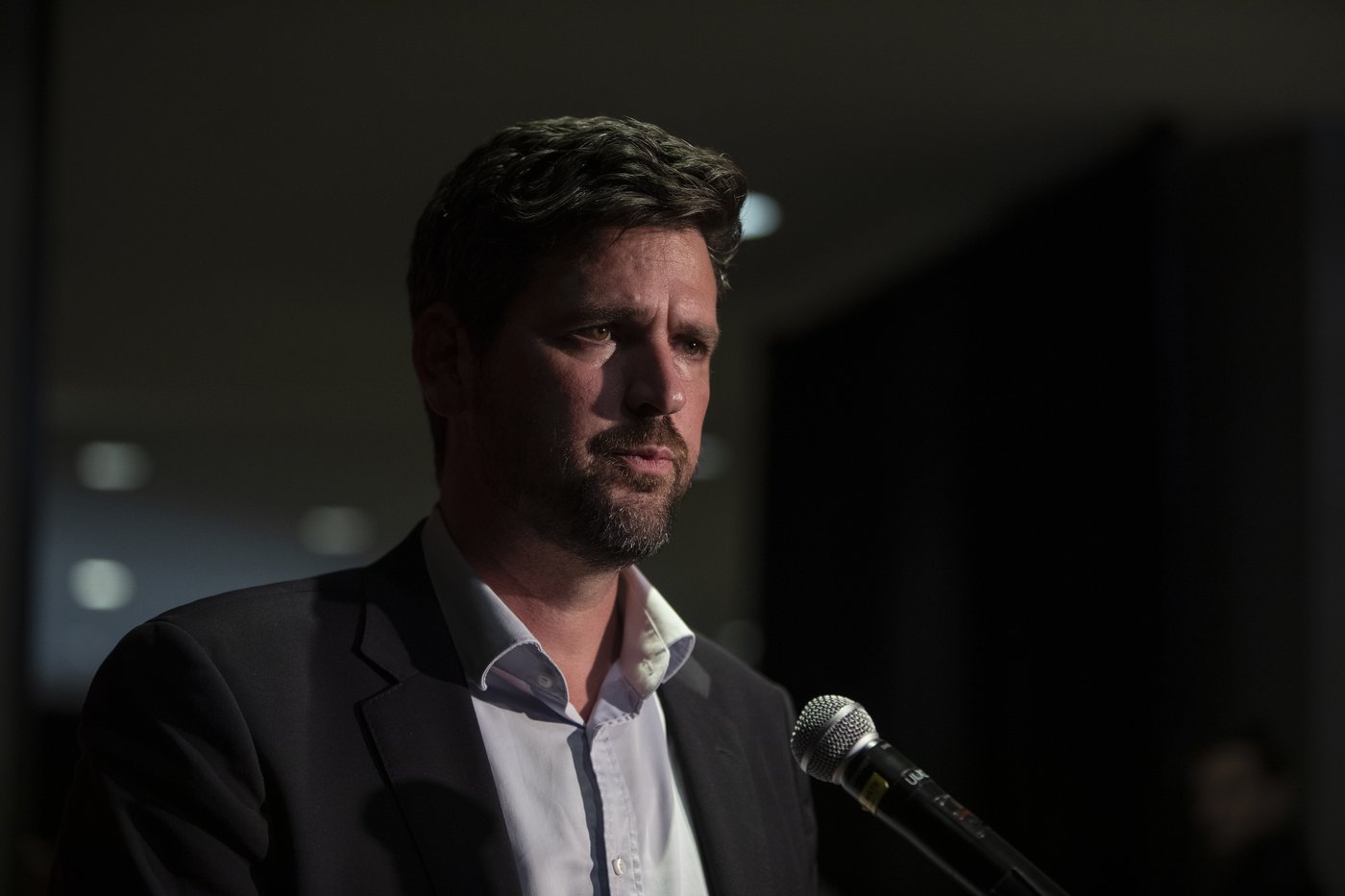Elevate your local knowledge
Sign up for the iNFOnews newsletter today!
Sign up for the iNFOnews newsletter today!
Selecting your primary region ensures you get the stories that matter to you first.

OTTAWA — The federal government’s request to Canada’s top court for limits on the notwithstanding clause isn’t only about Quebec’s secularism law, Justice Minister Sean Fraser said on Thursday.
In a media statement, Fraser said he hopes the Supreme Court’s eventual decision “will shape how both federal and provincial governments may use the notwithstanding clause for years to come.”
On Wednesday, Ottawa filed a factum — a written statement of fact and law — to the top court in the landmark case on Quebec’s Bill 21, better known as the secularism law. The law prohibits public sector workers in positions of authority — including teachers and judges — from wearing religious symbols on the job.
Quebec invoked the notwithstanding clause — Section 33 of the Canadian Charter of Rights and Freedoms — when it passed the law.
That clause shields legislation from constitutional challenges based on some sections of the Charter for five years.
In its filing, the federal government urged the court to set limits on how the notwithstanding clause can be invoked.
It argued repeated use of the clause amounts to “indirectly amending the Constitution” and that courts should be able to rule on whether that might result in the “irreparable impairment” of Canadians’ rights.
“The prolonged impossibility of exercising a right or freedom would, in practice, be tantamount to denying its very existence,” federal lawyers warned in the factum submitted on Wednesday to the court.
On Thursday, Bloc Québécois House leader Christine Normandin, speaking in French, said in question period the federal intervention in the case is an attack on Quebec’s ability to pass laws without first having to ask for Ottawa’s permission.
Responding in French, Identity and Culture Minister Steven Guilbeault said the federal government has a duty to protect the Charter and will be following the case closely.
Manitoba Premier Wab Kinew said Thursday that his government is also intervening in the case against Quebec.
“Quebec’s Bill 21 would prevent people from wearing visible symbols of their religious faith in public and Manitoba has intervened in that case at the Supreme Court to protect our province’s interest,” Kinew said during a press conference.
The premier is arguing the use of the clause shouldn’t prevent a court from issuing a declaratory ruling on whether a law is constitutional or not.
Ontario and Alberta have supported the use of the notwithstanding clause in their own filings to the Supreme Court.
Both provinces say the notwithstanding clause was critical to the negotiation of the 1982 Constitution because it preserves the sovereignty of provincial legislatures.
Alberta Premier Danielle Smith said Thursday that while her government doesn’t support the content of Quebec’s bill, it stands “shoulder to shoulder with Quebec’s constitutional right to invoke the notwithstanding clause as its government deems fit.”
“We are extremely disappointed that the federal government would risk national unity and a foundational principle of our Constitution by attempting to attack the use of the notwithstanding clause by a sovereign provincial government in this manner and request they withdraw their appeal to the Supreme Court immediately,” Smith said on social media.
The Supreme Court has agreed to hear a legal challenge of Bill 21 brought by several groups that oppose the law, though a date for a hearing has not been set.
Some of the appellants are asking the court to restrict the pre-emptive use of the notwithstanding clause, or to find that courts can still weigh in on the constitutionality of a law that is allowed to stand when the clause is invoked.
Since Bill 21 was passed, other provinces have made more frequent use of Section 33.
A leaked Alberta government memo obtained by The Canadian Press says the province intends to use the notwithstanding clause this fall in amending three laws that affect transgender people.
In 2023, the Saskatchewan government invoked the clause to pass a law requiring parental consent for students under the age of 16 to use their preferred names or pronouns at school. Quebec has also invoked Section 33 to pass other legislation, including an overhaul of the province’s language law.
Last month, the Saskatchewan Court of Appeal ruled that courts can issue declarations on rights violations in legislation that invokes the notwithstanding clause. Quebec opposed such declarations in its arguments filed to the Supreme Court in August.
This report by The Canadian Press was first published Sept. 18, 2025.
—With files from Maura Forrest and Miriam Lafontaine in Montreal
This site is protected by reCAPTCHA and the Google Privacy Policy and Terms of Service apply.
Want to share your thoughts, add context, or connect with others in your community?
You must be logged in to post a comment.